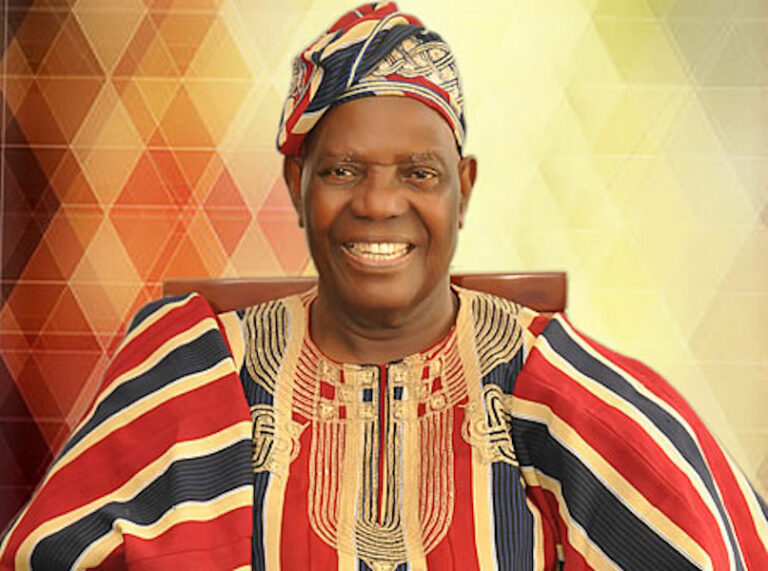The Minister of Education, Tahir Mamman, recently raised a controversial policy issue concerning reversing the entry age for admission into universities and other tertiary institutíons in Nigeria from 16 to 18 years.
Mamman generated the contending issue during his tour of the 2024 Unified Tertiary Matriculation Examination centres, in Bwari, the Federal Capital Territory, FCT.
He had explained that the Federal Government is considering the adoption of 18 years as the entry age for admission into universities and other tertiary institutions on the grounds that younger students are responsible for some of the challenges within the system.
He stated that students below the new age limit are not matured enough, unsuitable, and unable to manage their affairs.
The minister decried what he called the propensity of parents to pressure underaged students to write the examination.
According to him, “the 18 years benchmark is in line with the 6-3-3-4 system of education policy.
“The minimum age of entry is 18, but we have seen students who are 15, 16 going in for the entrance examination.
“Parents should be encouraged not to push their wards too much. Mostly, it is the parents that is causing this. We are going to look at this development because the candidates are too young to understand what the whole university education is all about.’’He argued further that some of these younger students are meant to remain in the controlled spaces of their parents rather than in the vibrant university environment.
But these arguments most experts contend are fallacious.
Already, the Academic Staff Union of Universities (ASUU) has lent its support to the age benchmark.
The President of ASUU, Prof Emmanuel Osodeke described the proposal as a welcome development, urging the regulators to implement existing laws to enforce the age limit.
However, for most critics, this is an over-regulation.
Nevertheless, speaking with Sunday Sun, President, National Parents Teachers Association of Nigeria, NAPTAN, Alhaji Haruna Danjums, aligned with the position of Prof Osodeke, arguing that 18 years age limit was already in the policy and that it is left for the Joint Consultative Committee on Education, JCCE, to do the needful by sending it to the National Council on Education.
Danjuma said: “It is already an existing policy. It is just for the Joint Consultative Committee on Education to do the needful.
“They are to transmit it to the National Council on Education to finalise on it, 18 years is the right age, 6-9-3.
“The problem is that most parents from our observation try to avoid, they falsify their children’s ages to enable them gain the admission at all costs.”
The position some stakeholders have àrgúed contradicts ASUU’s consistent activism for university autonomy as the age benchmark should be firmly left within the purview of each university.
There is no doubt that the Nigerian tertiary education landscape is plagued with problems that demand urgent attention, but pegging entry age may be the least of them.
An educationist, Dr Ossai Edmund said that the proposal is a backward one and should be consigned to the dustbin.
He told Sunday Sun that ‘’those young students that gain admission and enter the university at 16 or even at 15 are never the problem because they face their academics seriously.
“My observation as a university teacher on campus has shown that those young chaps are innocent and always concentrate and concerned with their studies.
“It is the older ones that are always involved in drugs, alcohol and other attrocities.”
Also there is no guarantee that the policy will succeed. In Nigeria, parents will devise unwholesome means to circumvent it, as they are doing with the age policy to enter Federal Government Colleges.
The proposed policy, Ossai argued, can exclude younger, brilliant, and self-motivated students from admission into the universities of their choice.
Dr Ossai noted that in a digitalised world of today, the policy would drag Nigeria backward, stressing that universities compete for the best in their admissions process.
Recall that for his brilliant performance, Oluwafemi Ositade, 17, a student at a secondary school in Ota, Ogun State, just earned a Harvard University admission and 17 other Ivy League scholarships in the United States, Canada, and Qatar, amounting to $3.5 million.
If the policy is implemented, that means Ositade would miss the golden chance. The move, many believe, is not logical.
One of the ills bedevilling tertiary education in the country is the lack of autonomy. It is part of Nigeria’s flawed federalism in which the centre controls the affairs of the federating units in a master-servant relationship. Consequently, the Federal Government and the National Universities Commission is known to render the authorities of universities redundant. This to some experts seems ridiculous.
Therefore, rather than micro-managing tertiary institutions, the Federal Government critics contended should allow individual universities to determine the minimum age limit of their students.
In the United Kingdom, for example, each university oversees its admissions.
For instance, Swansea, Southampton, and Cardiff universities admit at age 16; Kent pegs it at 17 years.
While the Open University admits at 16 years or lower, Cambridge prescribes an age of 18 for some courses, including medicine. Therefore, Mamman most stakeholders contended should face the real problems affecting education in Nigeria, especially the 20.2 million out-of-school children figure.
The tertiary Institutions seem bogged by shabby infrastructure and poor funding in a dynamic world where their curricula is known to be obsolete.There is a lecturer shortfall too.
Sadly enough, Nigeria’s universities rank low globally. In the 2023 Webometric ranking, the University of Ibadan, which ranked first in Nigeria, is 14th in sub-Saharan Africa, 21st in Africa, and 1,138th in the world. Cairo University (521) and the University of Cape Town (237) fare better on the impact, openness, and excellence criteria.
Despite the prevalence of incessant strikes and university closures, younger graduates have ample leverage in the labour market.
Associate professor at the Michael Okpara University of Agriculture, Umudike, MOUAU, Phillips Nto, told Sunday Sun that the Federal Government should be advised to look within.
He said that government creates problems by establishing more universities when it cannot adequately fund the existing ones.
Nto, a World Bank Consultant submitted that with better funding, the institution is expected to thrive and this deserves priority.
“The 18 years age limit being raised by the Education Minister, Mamman is not the problem of Nigeria”s education today and the idea should be jettisoned,” he said.
The age limit requirement, even to the majority of parents is like chasing after the shadow and must be dropped.
The presentation In many education quarters is that with advancement in technology new generation of learners have shown a propensity to adapt faster and be more open-minded.
They are able to do things faster than it took children of their age in time past.
Today’s expectation in the education sector, they contended, are different from goals set in the 80s and 90s.
In all, they submit that there is need to recommend constant review and upgrade of policies.
Advertisement





